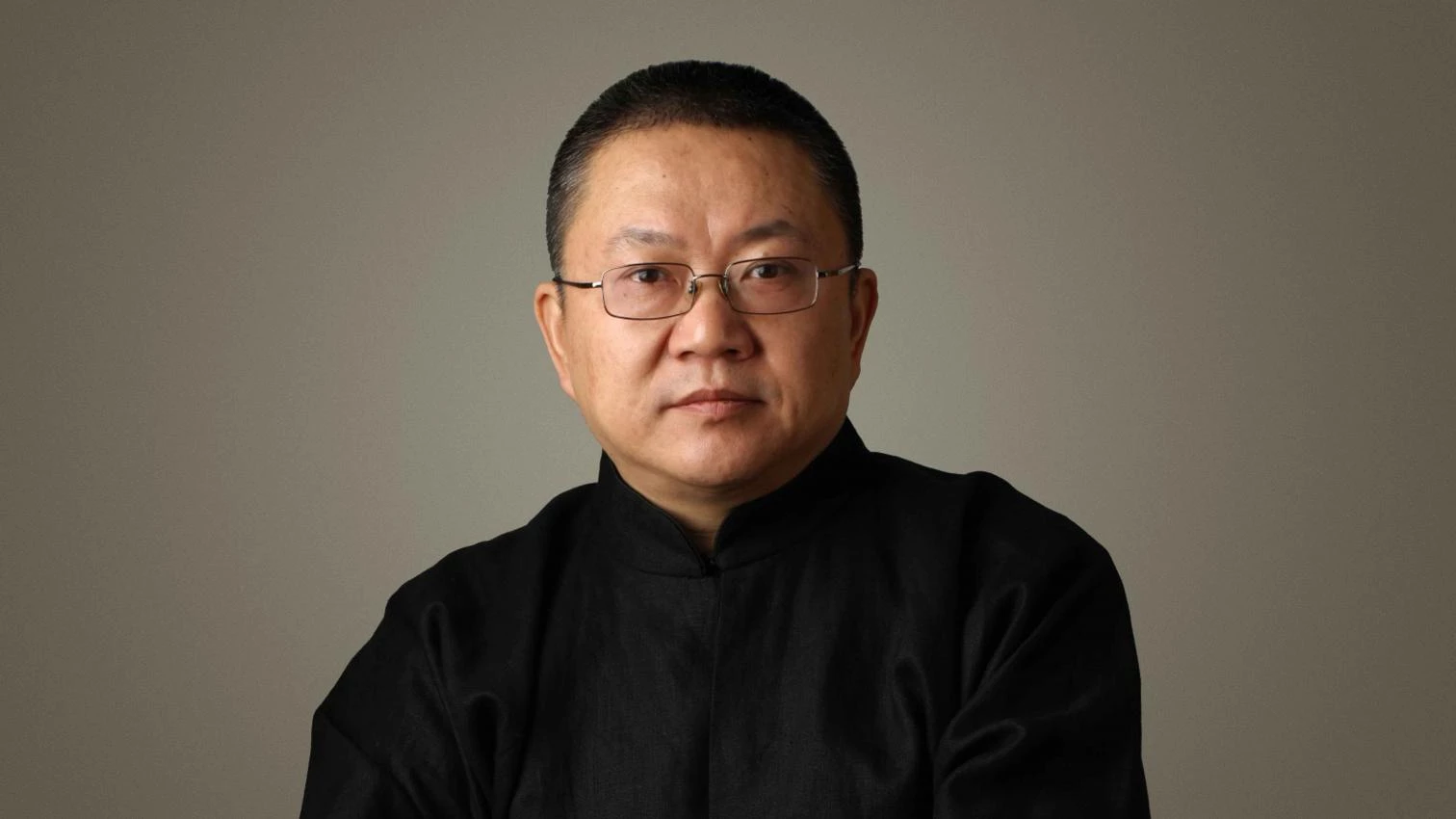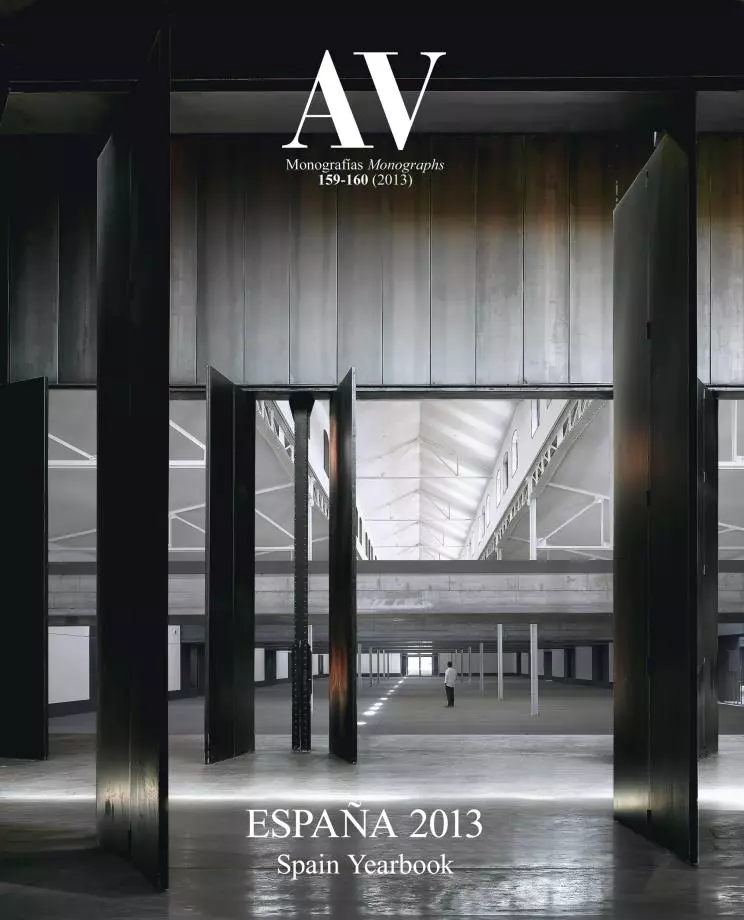
Wang Shu
The artisanal nature of his buildings and a search for balance between tradition and modernity in the context of contemporary China’s fast-paced growth were the reasons laid down by the jury of the Hyatt Foundation (whose members include Glenn Murcutt and Juhani Pallasmaa) for giving the 2012 Pritzker Prize to the Chinese architect Wang Shu, who, together with his wife Lu Wenyu is at the helm of Amateur Architecture Studio, based in Hangzhou, not far from Shanghai, the area in which the laureate’s work is almost exclusively located. Born in 1963 in Urumqi, in the Xinjuang region, Wang Shu has in the past decade raised buildings characterized by their use of recycled materials and their being rooted in local construction tradition. A prominent one is the History Museum of Ningbo or the Campus of Xiangshan. In the footsteps of I.M. Pei, 1983 laureate, Wang Shu is the second Chinese to cap the Pritzker, which was handed over to him, on 25th May, in a ceremony held in Beijing. This was seen as a gesture of support, on the part of the jury and of the West in general, for the architecture emerging in China today.





